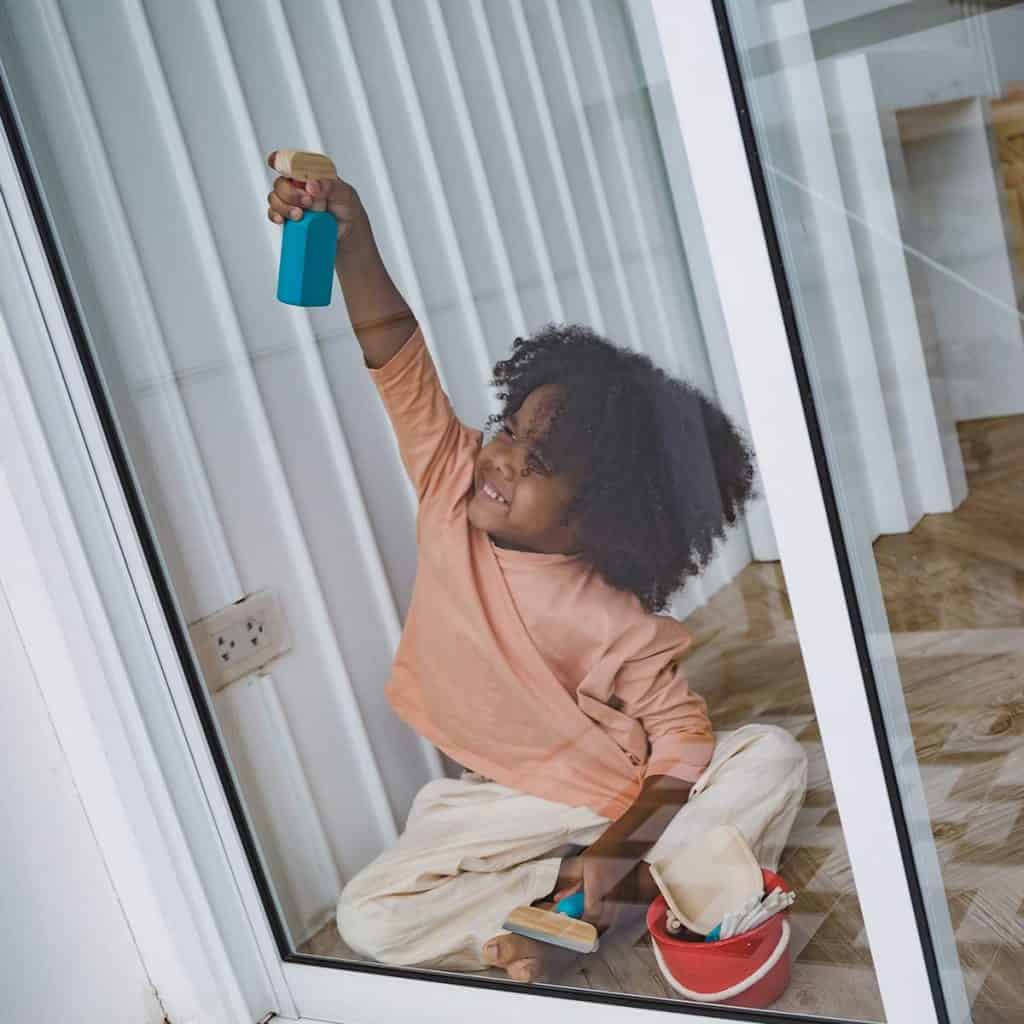What Are the Best Types of Toys?
Toys are a great way to start and support a child’s growth and development. Just like playtimes, choosing the best toy for your child requires knowledge and attention.
Toys help a child in many ways - may it be in physical, cognitive, and emotional development. They spark a child’s interest and curiosity that encourage them to use their imagination, creativity, problem-solving and social skills.
In choosing which is the best toy for your child, some things must be considered such as their age, interest, and stage of development. There are different types of toys for babies, toddlers, and older children. For babies, it's all about interaction with the parent and other family members. They get to enjoy play activities like listening to your voice or music or looking at brightly colored objects. Toddlers likely enjoy open-ended toys such as building blocks, boxes, dress-ups, and crafts. Older children, at their age, would often like to deal with puzzles and problem-solving toys.
The way your child uses and plays with the toy and their safety are also important things to be considered. The Michigan State University Extension identifies best types of toys for children:
Blocks and building toys
In a research conducted among preschoolers, block play has been found to stimulate brain development. Children who play block regularly will do better in math and numbers.
Puzzles and problem-solving toys
Toddlers as early as 2 years of age can do best with puzzles. It develops a child’s memory, motor skills, hand-eye coordination, and many more.
Materials that promote art and play-pretend items
A variety of writing and drawing tools for older children, as well as musical instruments, will help in developing their open-ended creativity and let them explore and imagine. Play-pretend items will help children build their social and emotional skills.
Motor play items
Large play items such as balls, bicycles, toy cars, etc. will give an older child some physical activities to do and help them be more active.
Considering all of these and determining a toy’s effect on your child’s growth and development will guide you in deciding which is the best toy for your child. Sign up today!
